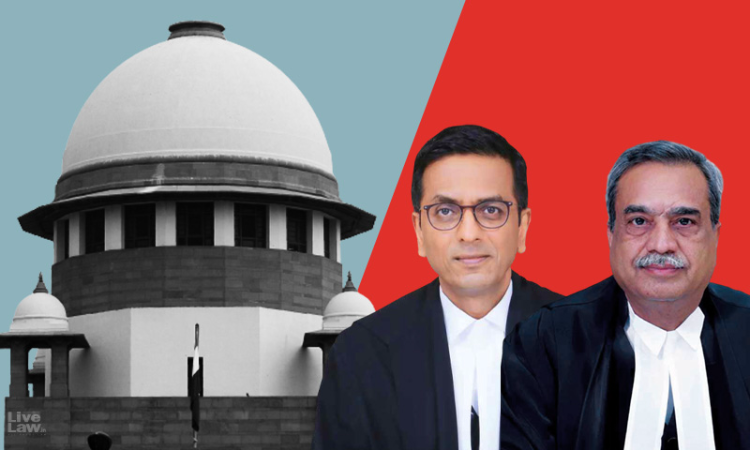The Supreme Court observed that the statements made during the discreet/open enquiry at Pre-FIR stage cannot be said to be a statement under Section 160 CrPC and/or the statement to be recorded during the course of investigation as per the Code of Criminal Procedure and therefore cannot be used against the accused during the course of trial.Such a statement cannot be said to be confessional...

